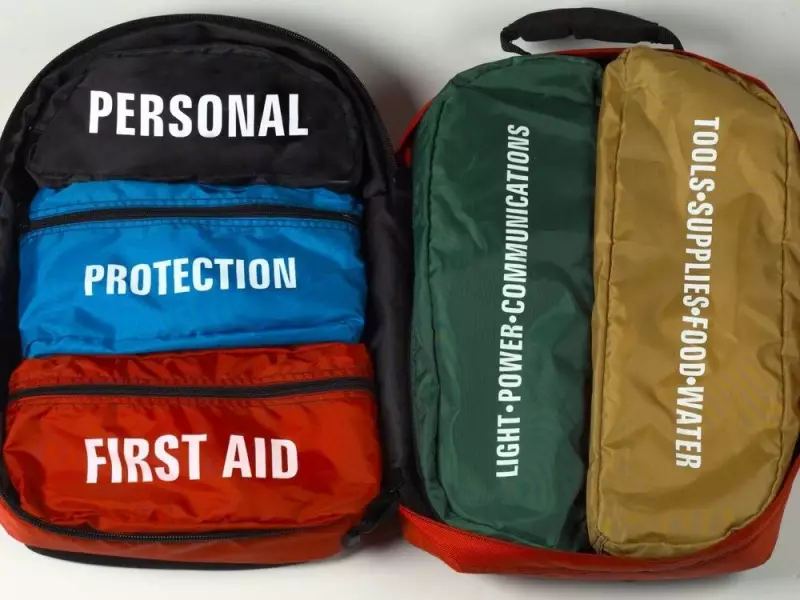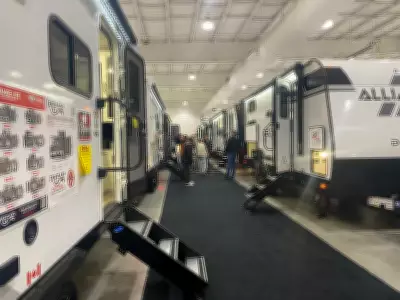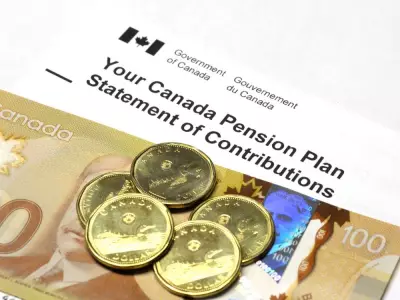
Living in beautiful British Columbia comes with incredible natural scenery, but it also means residing in one of Canada's most seismically active regions. The question isn't if another major earthquake will strike, but when—and whether we're truly prepared for that inevitable day.
The Reality of Our Seismic Situation
Vancouver sits in a geologically complex area where the Juan de Fuca plate is slowly sliding beneath the North American plate. This tectonic activity creates the perfect conditions for significant earthquakes that could reshape our communities in moments. While we can't predict exactly when "The Big One" will arrive, seismologists agree it's not a matter of if, but when.
Building Your Foundation: The Emergency Kit
Many of us have good intentions about earthquake preparedness, but far fewer have taken the concrete steps necessary to protect our families. The foundation of any preparedness plan starts with a comprehensive emergency kit.
Essential Items for Your Survival Kit:
- Water: Four litres per person per day for at least three days
- Non-perishable food: Canned goods, energy bars, and dried foods that don't require cooking
- First aid kit: Including prescription medications and basic medical supplies
- Flashlights and batteries: Multiple reliable light sources
- Emergency radio: Battery-powered or hand-crank to receive critical updates
- Personal documents: Copies of identification, insurance papers, and emergency contacts
Beyond the Basics: What Many People Overlook
While having supplies is crucial, true preparedness extends far beyond a stockpile of goods. Many experienced emergency planners emphasize the importance of practical knowledge and community connections.
Often-Forgotten Preparedness Elements:
- Cash reserves: ATMs and credit card systems will likely be unavailable
- Comfort items: Books, games, and comfort foods for stress relief
- Neighborhood networks: Knowing your neighbors and their skills could be lifesaving
- Practice drills: Regularly rehearsing your family's earthquake response plan
- Home safety audit: Securing heavy furniture and knowing how to shut off utilities
The Psychological Aspect of Preparedness
Earthquake readiness isn't just about physical supplies—it's also about mental preparation. Understanding that feeling anxious about potential disasters is normal can help families approach preparedness with clarity rather than fear. The peace of mind that comes from being prepared can significantly reduce anxiety about potential disasters.
Making Preparedness a Family Affair
Getting children involved in preparedness activities helps normalize the process and ensures everyone understands their role during an emergency. Age-appropriate tasks and regular family discussions about emergency plans can transform anxiety into empowerment.
As British Columbians, we're privileged to call this stunning region home. Taking proactive steps toward earthquake preparedness ensures we can continue to enjoy this beautiful province safely, knowing we've done everything possible to protect what matters most when nature reminds us of its power.





